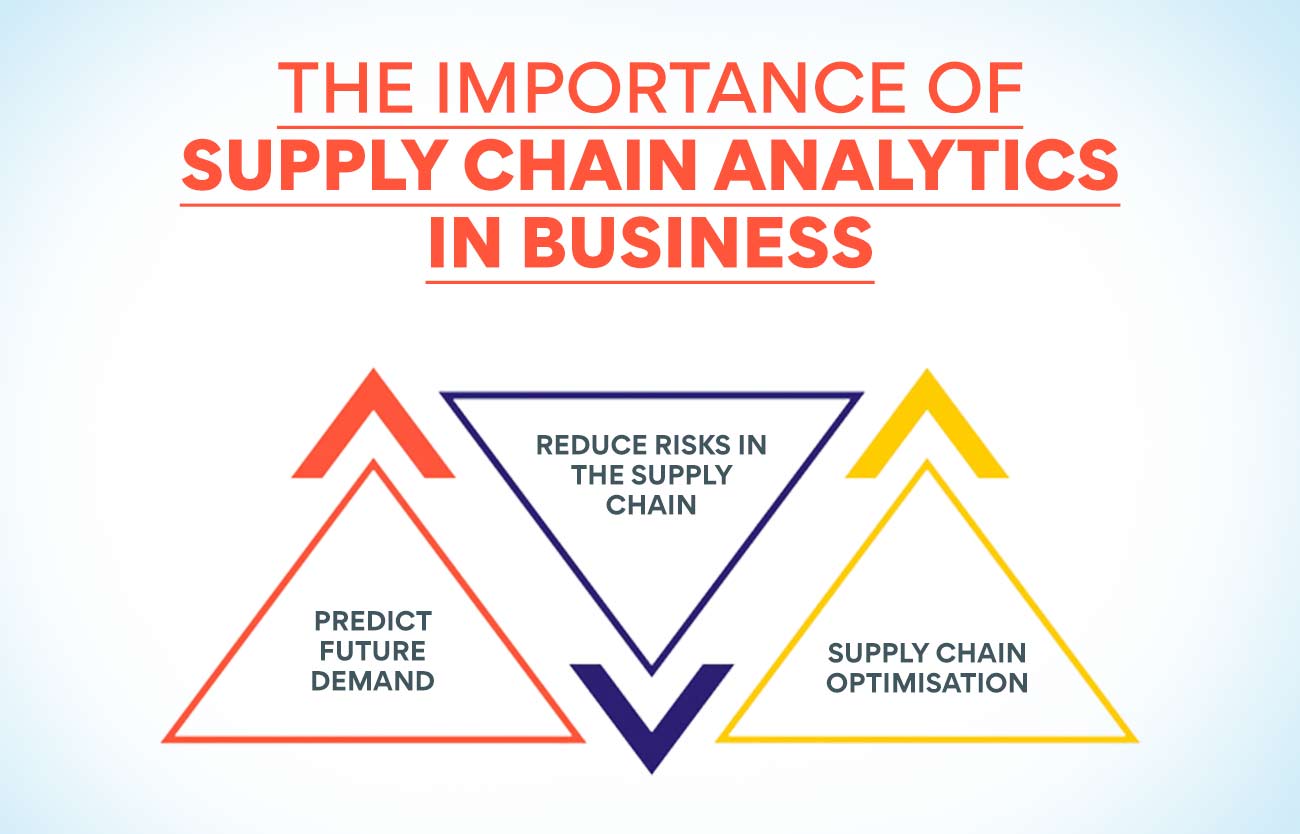The aftermath of the epidemic has prompted companies to implement supply chain analytics. These days, the supply chain is crucial to any company’s success. A well-oiled supply chain can do wonders for a business’ bottom line and popularity with customers. There is a lot of data being generated at many points in the supply chain, and keeping track of all you need to run your business efficiently can be challenging. When analytics are applied to the supply chain, data is standardized, allowing decisions to be made based on hard facts.
What exactly is Supply Chain Analytics?
Supply chains have become more complex, and delivery deadlines have risen as organizations have expanded their global partnerships. Procurement, production, distribution, and logistics are all included in the scope of SAP SAC. As was previously mentioned, the various stages of the supply chain each have specialized software and generate new forms of data. Each supply chain analytics program excels in different things, such as making insightful reports or conducting prescient analysis.
However, the true potential of supply chain analytics is unlocked when many software platforms are combined into a unified whole. Typical examples are the ERP system and other software programs. Data from the company’s worldwide supply chain can be compiled and analyzed with the help of such an integrated system. The information can then be made readily available in an understandable way via a unified dashboard, straightforward reports, and visually appealing data visualizations.
Many companies today use the SAP analytics cloud to get a leg up on the competition and satisfy their customers. Point-of-sale data is a goldmine for predictive analytics, which may be used to anticipate consumer demand. Companies can benefit from supply chain analytics since it reveals where bottlenecks are in the supply chain and provides guidance on eliminating them.
In addition, this can aid in stocking and shipping preparations. Thus, the company’s efficiency in terms of resources is improved. Such predictive analytics can also be used to avert catastrophic events. Due to the system’s ability to identify and flag potential problems, this is feasible.
The Significance Of Supply Chain Analytics, And Why They Matter.
Would you not use a device that could see into the future if you had access to one? Naturally, you would. Let’s rephrase it: are we claiming that supply chain analytics provides 100% accurate forecasts? No. Do we mean to imply that supply chain analytics can reliably detect patterns and foretell the course of events? Yes. With the help of supply chain analytics methods, companies may zero in on relevant ways, extract useful information from real-time operations, and put big data to use to comprehend market movements better, quantify demand, and arrive at sensible pricing decisions. A few of the following points can sum up the importance of supply chain analytics to the manufacturing industry:
Plan the supply chain well.
SAP analytics cloud helps a company plan ahead by accurately predicting future demand based on the quantification and analysis of consumer data. In the event of a decline in demand or declining profitability, the company is then in a position to determine which operations or products can be scaled back. As a result of supply chain analytics, businesses can learn more about their regular clients’ wants and needs following the first order.
Boost the supply chain’s adaptability.
It is no longer possible in contemporary manufacturing to restrict production to a particular location, method, or technique. An advanced analytics-based business intelligence strategy is required for success in the new era of the adaptable supply chain. Shop-floor machine data can be used to predict maintenance schedules, which in turn reduces downtime and costs. Third-party data from the supply chain is used to predict customer behavior and trigger a production switch to meet the new demand. By streamlining the supply chain, your company can save significant money or make substantial investments to maximize profits.
Recognize supply chain patterns and potential threats
You may protect your company from considerable exposure and gain a deeper understanding of the risks it confronts daily by keeping an eye out for patterns and trends in your supply chain. Many of these points of view, or potential danger zones, are hidden from the manufacturer until sufficient data is collected. By alerting the supply chain management several days before a big problem arises, the SAP analytics cloud can save the business time and money.
Save time and effort while hiring or sourcing.
Once a company realizes the competitive edge that can be gained through supply chain analytics, it is practically impossible to change back to an analog way of operation because of how hard it has been wired for efficiency through a successful analytics strategy for resource allocation. The program works in real-time to arrange deliveries, communicate with suppliers, and update all employees on relevant changes.
Conclusion
Planning precision, order management, procurement, working capital growth, supply chain risk reduction, trend identification, and alterations toward a more adaptable and leaner supply chain are just some of the areas that will benefit from your company’s implementation of a supply chain analytics strategy. Your company’s bottom line will only improve with these essential components.
Keep up-to-date with what Diligent Global is doing! We’d love to hear from you.

